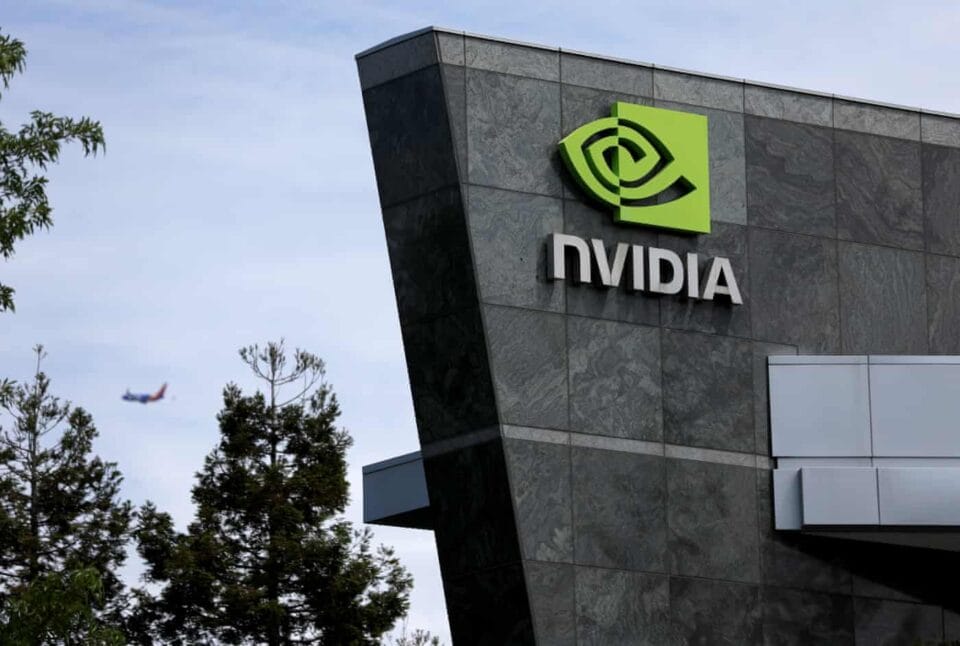China has launched an antitrust investigation into Nvidia, the leading American chipmaker known for producing processors that power artificial intelligence, according to Chinese state media.
The investigation marks the latest escalation in the ongoing battle for AI supremacy, a field both the U.S. and China view as critical for national security.
Chinese state broadcaster CCTV reported on Monday that the government is examining whether Nvidia’s 2020 acquisition of Israeli networking firm Mellanox violated China’s anti-monopoly laws, although the specifics of the potential violation were not detailed. The merger was previously approved by China in 2020.
Nvidia (NVDA) shares dipped slightly by less than 2% in premarket trading on Monday. The company’s stock has been one of the top performers this year, soaring nearly 200% amid the AI boom that has increased demand for its chips. Nvidia’s market value now exceeds $3 trillion, making it the second-largest company in terms of market capitalization, behind only Apple.
The China-U.S. chip war has intensified this month following the Biden administration’s announcement of a new round of restrictions on high-tech memory chip sales to China. While the new restrictions primarily target memory chips, which are different from the graphics processors Nvidia manufactures, they remain vital to AI development.
The new export controls are the third set of such restrictions placed on China by the U.S. The U.S. government is concerned that China could use AI for military purposes and believes these measures will slow China’s progress in AI chip development—a view shared by industry experts.
In response, China’s Commerce Ministry criticized the U.S. restrictions, claiming they pose a significant risk to global supply chain stability. Last week, China retaliated by banning the sale of critical materials used in chip manufacturing, such as germanium and gallium. Although these materials were restricted a year ago, China had previously allowed some sales through loopholes, which have now been closed.
In addition to these actions, senior U.S. officials have accused China of stealing American-made AI software, although Beijing has denied the allegations.
The Nvidia investigation raises the stakes, as the company is a leader in AI technology. Any negative impact on Nvidia could hinder its ability to dominate the global AI market.
Nvidia is also facing antitrust scrutiny in the U.S., according to Bloomberg.
Both China and the U.S. are striving to strengthen their own semiconductor industries. Through the CHIPS Act, the Biden administration has invested billions of dollars into companies like Intel to boost domestic chip production and reduce reliance on foreign suppliers. Meanwhile, in May, China announced plans for its largest-ever semiconductor investment fund, worth $47.5 billion, backed by six of the country’s largest state-owned banks.
This story has been updated with additional developments and context.



